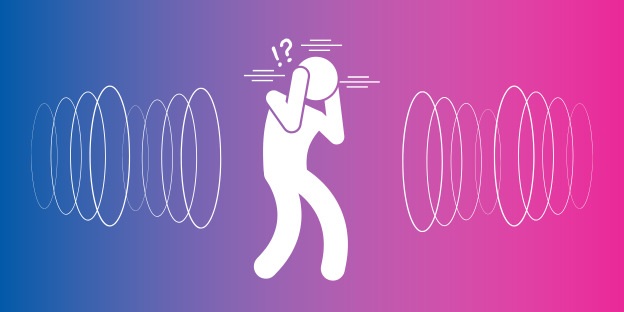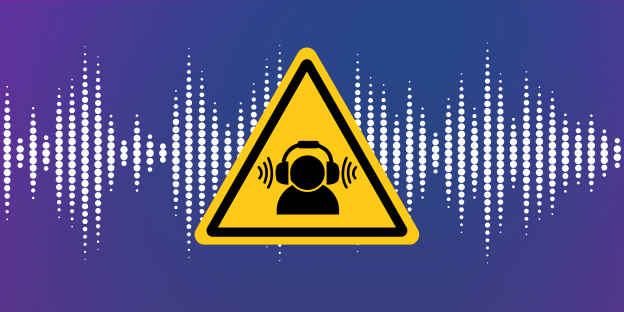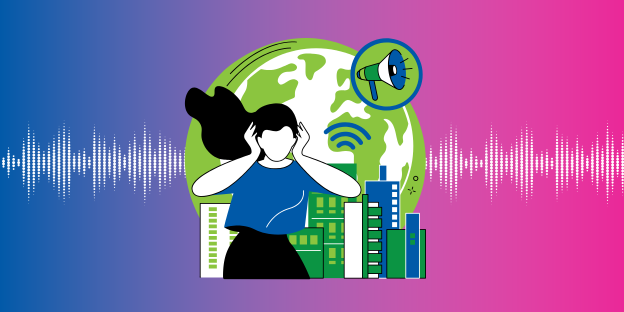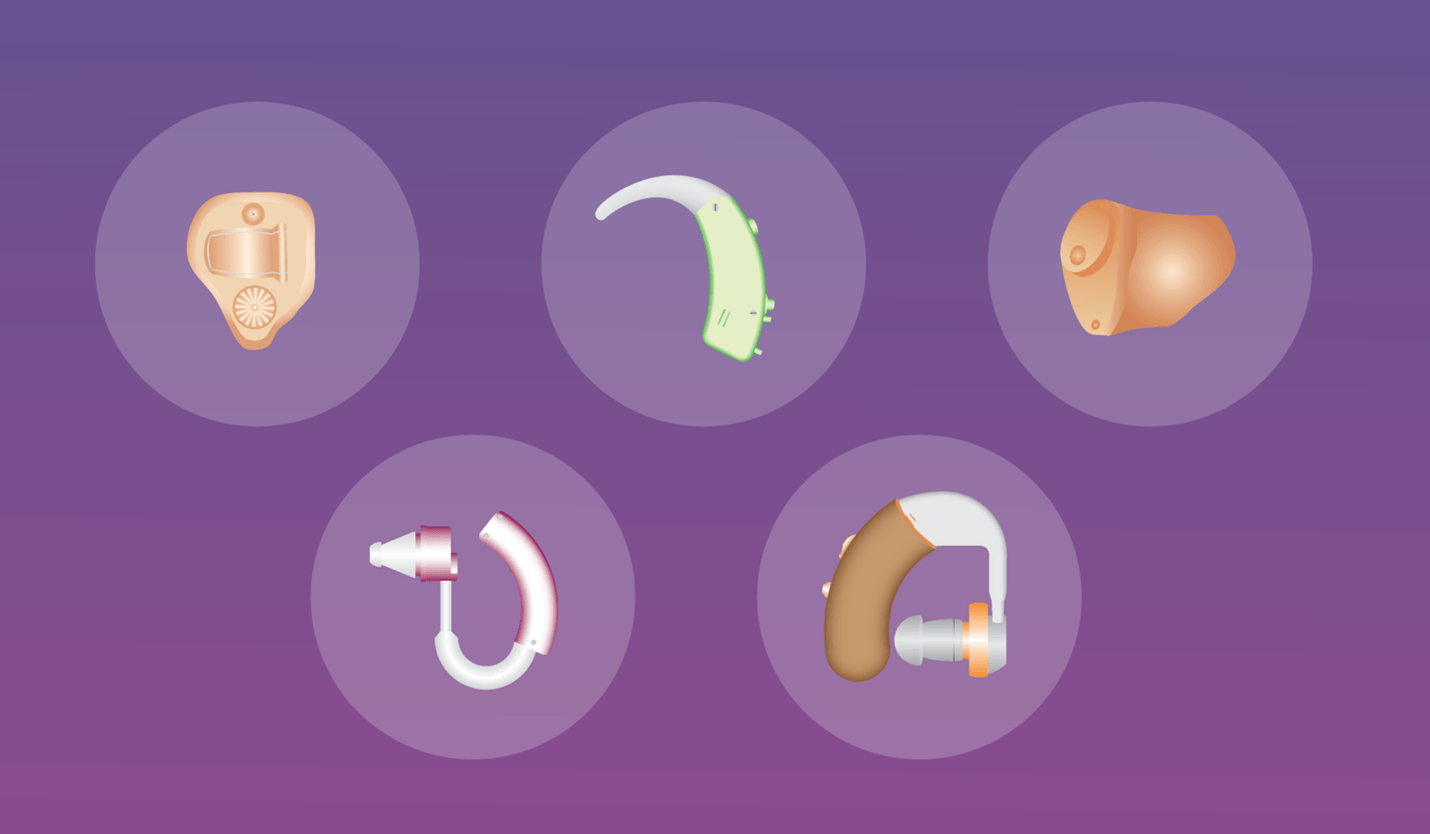How Hearing Aids Work and What It Means For You
How Hearing Aids Work and What It Means For You
Hearing aids leverage the brain's ability to adapt and process sounds
Hearing aids aren't as simple as just putting them in and forgetting them.
The body's hearing system is complex. Hearing aid technology leverages the brain's ability to adapt and process sounds to help you collect and comprehend sound.
Hearing aids usually have a microphone for receiving and converting sound into electrical signals, an amplifier that increases the volume of the sound and a speaker that projects sound into the ear. They help manage hearing loss by increasing the volume of sound entering the ear and improving the quality and clarity of that sound.
Understanding what happens in these devices, in your ears and your brain can lead to better success when using hearing aids.
How the Ears and Brain Process Sounds
Before diving into hearing aids, let's review how sound is collected and processed.
Ears are responsible for collecting soundwaves, converting them into signals and transmitting those signals to our brain. It is our brain's job to:
- Interpret sounds
- Filter out unwanted sounds
- Comprehend speech
- Fill in any gaps that the incoming signals were missing
In healthy ears, soundwaves move tiny hairs and those movements are transformed into electrical signals that are sent to your brain through the auditory nerve. Hearing loss usually occurs when these cells are damaged, meaning less information for the brain to interpret and comprehend.
Not only does this result in you hearing less, but your brain can also forget some of the ways it interprets sound.
The way that the brain and ears work together is a complex and fascinating process. You can read about it more in our previous article about the brain's role in hearing.
How Hearing Aids Work
Hearing aids work by increasing the volume and clarity of sound entering the ear. This is because damaged hearing cells often require sound to be at a louder volume to react to it. Hearing aids are optimized to pick up or block certain sounds according to the sounds that you can hear well (or not hear well, which helps your brain in relearning how to interpret them.
There are five main components of hearing aids:
1. A power source (usually a disposable or rechargeable battery)
2. Microphone
3. Amplifier
4. Speaker
5. Processor (also known as the miniature computer)
First, the microphone captures sound waves. Then these sound waves are converted into code to be interpreted by the processor. The processor then makes any necessary adjustments to this code, which is then sent to the amplifier.
It's thanks to the miniature computers that modern hearing aids are programmable. This allows you and your Hearing Instrument Specialist to customize the direction you receive sound from, improve speech perception, increase or decrease gain to reduce feedback and reduce background noise in loud environments.
Depending on the features and technology inside the hearing aid, some of these features may be manual or automatic. More advanced hearing aids are automating more functionality and allow for improved customization.
What This Means For Your Hearing
Although we are always excited to describe the inner working of hearing aids, the real value of the technology depends on how it benefits your life. The key takeaways of hearing aid technology are:
· Hearing aids integrate within your hearing system to help you hear.
· Success with hearing aids is a moving target.
· There is potential for continuous improvement.
· Professional support ensures hearing aids provide the most help they can.
Hearing aids integrate within your hearing system to help you hear
Hearing aids support the functioning of your ears and assist your brain by sending better signals, but they don't replace your ears or brain.
Instead, hearing aids support their functions by sending better signals to the brain. They boost the volume of sound that's sent into the ear and the quality of this sound so that it works with your brain. This eventually helps your brain relearn how to distinguish between things like background noise and regular speech.
Success with hearing aids is a moving target
The process of hearing relies on the brain. Your brain needs time to adapt to new hearing aids.
Our Hearing Aid Practitioners will program and customize your hearing aids so that they are helpful and comfortable. Over time and even after you are used to them, we can adjust to improve their output and better help you.
There is potential for continuous improvement
This technology is meant to be routinely adjusted.
It is our priority to help our clients through every step of the journey. If you ever notice any discomfort, high pitched sounds or changes in audio volume at any point (even after having acclimated to your hearing aids), please contact us!
It is expected as part of regular hearing aid treatment that your devices be regularly re-programmed. This is because your lifestyle likely change over time along with your hearing.
Professional support ensures hearing aids provide the most help they can
Hearing aid technology has the ability to integrate within your hearing system to help your brain comprehend sounds. With professional support, you can leverage the technology to hear better in a wider range of situations and continue to experience these benefits as your hearing adapts.
If you are wondering if hearing aids are right for you, the first step is to book a hearing test so that we can get a better understanding of which technology will work best for your brain.










